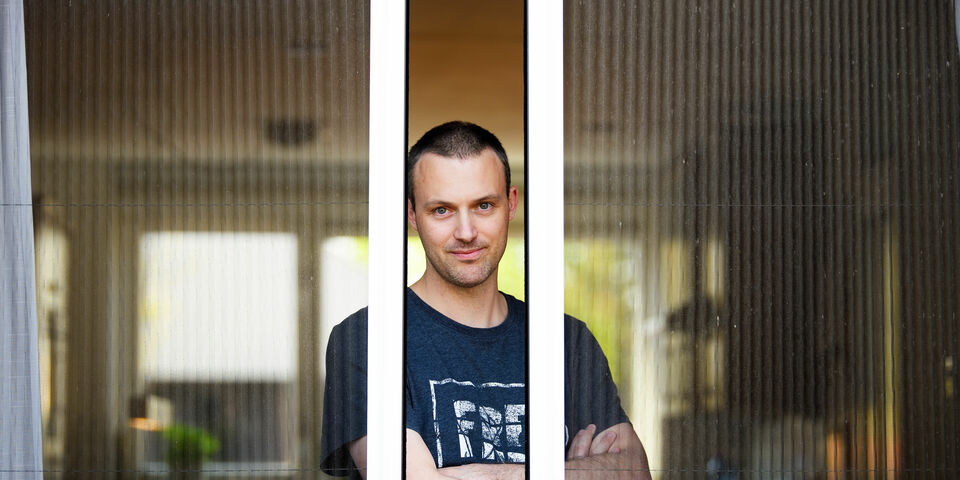HIATEN: High Impact Article that Teaches Educators Nothing
It really was extraordinary, the way in which Fontys decided to meet the cabinet’s wish that it attract fewer students. Who’d have thought of hiring investigative journalists working for de Volkskrant national newspaper to write a high impact article that would make future students think twice about their choice of study?
To make matters worse, having gotten wind of the forthcoming article, the Fontys Executive Board issued a response and published it the day before the article appeared in de Volkskrant. Regrettably, it shows that the educators have learned absolutely nothing from this experience.
The message put out by the Fontys Executive Board remains unchanged: contrary to general opinion, the education we offer is good and everyone else is wrong. The Executive Board has been broadcasting this message for some time now. In earlier pieces published in Bron, the Cursor of Fontys, Joep Houterman, chairman of the Executive Board writes: “Most people, I think, can be simply made to adapt to these new methods. But if, as a lecturer, I were to feel very unhappy with them, I’d start looking elsewhere.” In other words, if you disagree with the change, just go and do something else.
More than anything else, it’s the “I think” in this quote that is characteristic of the craze for educational innovation that seems to be sweeping the Netherlands. People lacking any relevant experience of delivering and developing educational content are posing as experts; they think that any change can be fitted into existing curricula. They are followers of gurus who throw around meaningless terms like ‘authentic learning environment’ and ‘student-involved assessment’.
Curricula at TU/e are designed by enthusiastic course lecturers to offer students the best possible education, in accordance with developments in science and the demands of the market. In terms of their content, our educational and testing methods are geared meticulously to each other and the rest of the curriculum. It is extremely unwise for an institute to write off all these employees as old-fashioned and to introduce new methods blindly. That’s not to say that all innovation is bad. On the contrary.
As can be read in de Volkskrant, where educational innovation is concerned, the rule is start small and build slowly. I’m intrigued to know what this will mean for Bachelor College 2.0. In any event, I hope that here we’ll listen closely to employees who voice their doubts. After all, we are the educational institution where people matter.


Discussion